The Nature of Man
The source of one’s being is not in oneself. There is no intrinsic reason for one’s being at all. The human person has no more claim to ”being” than a plant, an animal, a star or a stone. The unique role which the human person plays is in light of the Incarnation. That role is one of extraordinary dignity.
The origin of man by creation (as opposed to emanative and evolutionistic Pantheism) is asserted in the Church’s dogmas and definitions: “Creator of all things visible and invisible, spiritual and corporeal, who by this omnipotent power … brought forth out of nothing the spiritual and corporeal creation, that, is the angelic world and the universe, and afterwards man, forming as it were one composite out of spirit and body”.

Scholastic philosophy reaches a conclusion as to the origin of man similar to the teaching of revelation and theology. Man is a creature of God in a created universe. All things that are, except Himself, exist in virtue of a unique creative act.
The hierarchy of creatures is expressed by the order of the six days, from the less perfect to the more perfect. God loves all his creatures and takes care of each one, even the sparrow. Nevertheless, Jesus said: You are of more value than many sparrows, or again: Of how much more value is a man than a sheep! (ccc 342). Man is the summit of the Creator’s work, as the inspired account expresses by clearly distinguishing the creation of man from that of the other creatures.(ccc 343)
The End of Man
The natural end of man may be considered from two points of view. Primarily, it is the procuring of the glory of God, which is the end of all creation. God’s intrinsic perfection is not increased by creation, but extrinsically He becomes known and praised, or glorified by the creatures He endows with intelligence. It means that each of the various creatures, willed in its own being, reflects in its own way a ray of God’s infinite wisdom and goodness. Man must therefore respect the particular goodness of every creature, including himself.
A secondary natural end of man is the attainment of his own beatitude, the complete and hierarchic perfection of his nature by the exercise of its faculties in the order which reason prescribes to the will, and this by the observance of the moral law. Since complete beatitude is not to be attained in this life (considered in its merely natural aspect, as neither yet elevated by grace, nor vitiated by sin) future existence, as proved in psychology, is postulated by ethics for its attainment. Thus the present life is to be considered as a means to a further end.
Resurrection of Man
The Catholic Faith teaches that man has been raised to a supernatural state and that his destiny, as a son of God and member of the Mystical Body of which Christ is the Head, is the eternal enjoyment of the beatific vision. In virtue of God’s infallible promise, in the present dispensation the creature enters into the covenant by baptism; he becomes a subject elevated by grace to a new order, incorporated into a society by reason of which he tends and is brought to a perfection not due to his nature.
Late Cardinal Mercier advances the argument that the formation of a new body is naturally necessary on account of the perfect final happiness of the soul, for which it is a condition sine qua non. A more cogent form of the proof would seem to lie in the consideration that the separated soul is not complete in ratione naturæ. It is not the human being; and it would seem that the nature of man postulates a final and permanent reunion of its two intrinsic principles.
The means to this end, the resurrection, are justification by the merits of Christ communicated to man, co-operation with grace, the sacraments, prayer, good works, etc. The Divine law which the Christian obeys rests on this supernatural relation and is enforced with a similar sanction. The whole pertains to a supernatural providence which belongs not to philosophical speculation but to revelation and theological dogma. In the light of the finalistic doctrine as to man, it is evident that the “purpose of life” can have a meaning only in reference to an ultimate state of perfection of the individual. The nature tending towards its end can be interpreted only in terms of that end; and the activities by which it manifests its tendency as a living being have no adequate explanation apart from it.
Quick Learning
University of Notre Dame’s Professor, Carter Snead explains the secular vs. Catholic view of the human person. Professor Snead answers questions such as “What is a person? and “What is the fundamental disagreement between the Catholic and secular view in social ethics?”
The Everlasting Man, G. K. Chesterton
The Everlasting Man is a Christian apologetics book written by G. K. Chesterton, published in 1925. It is, to some extent, a deliberate rebuttal of H. G. Wells’ The Outline of History, disputing Wells’ portrayals of human life and civilisation as a seamless development from animal life and of Jesus Christ as merely another charismatic figure. Chesterton detailed his own spiritual journey in Orthodoxy, but in this book he tries to illustrate the spiritual journey of humanity, or at least of Western civilisation.
wisdom was hidden in things from the foundation of the world
Become Part of Catholic Principle to Further Your Knowledge.
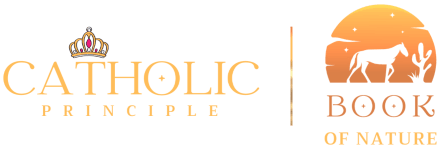




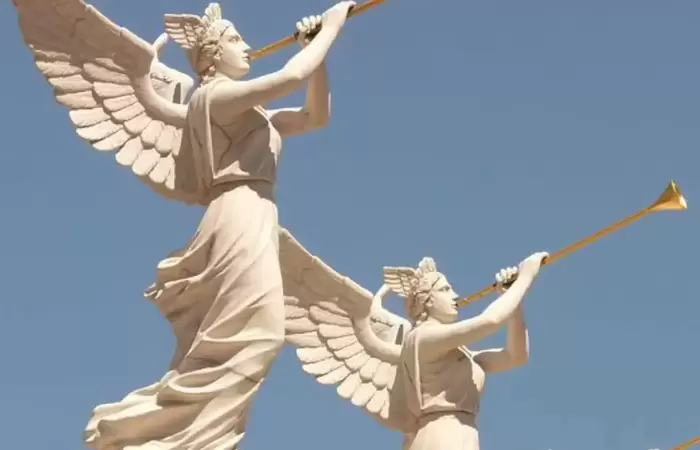

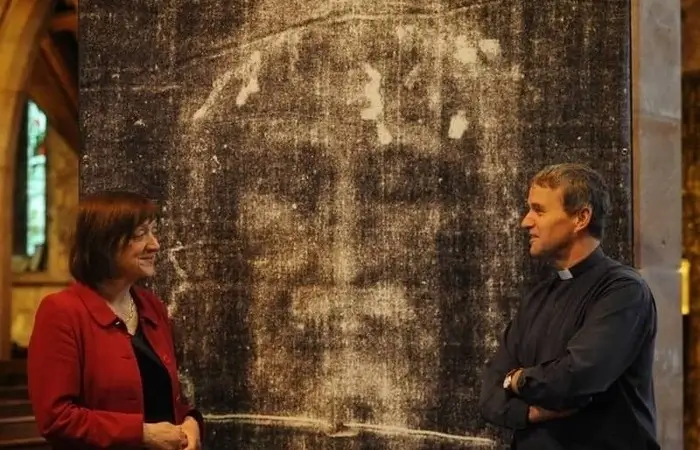
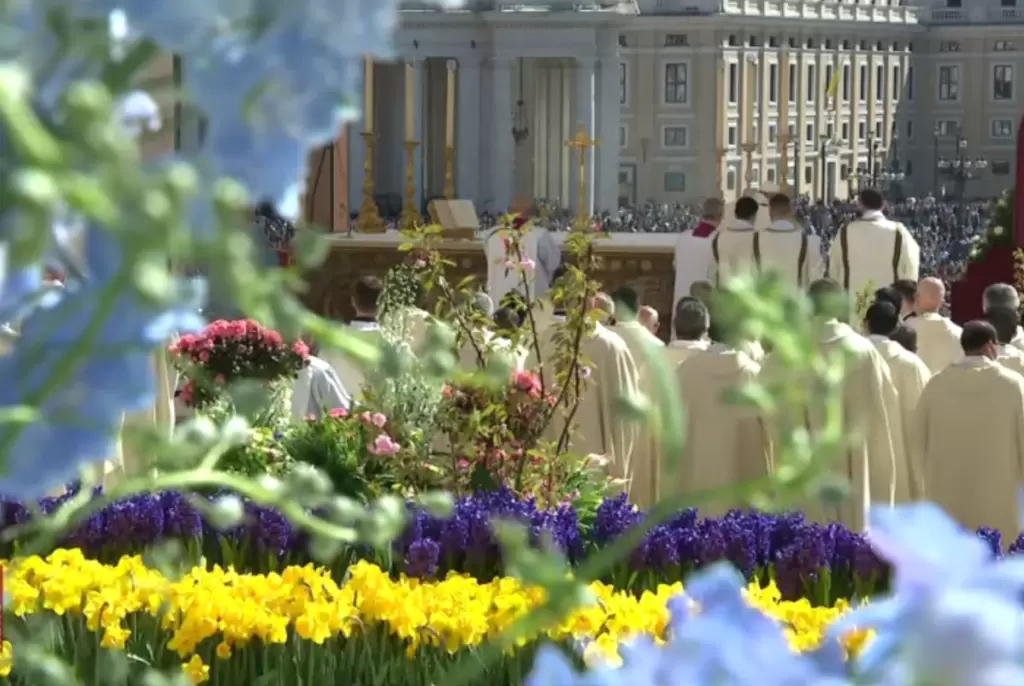
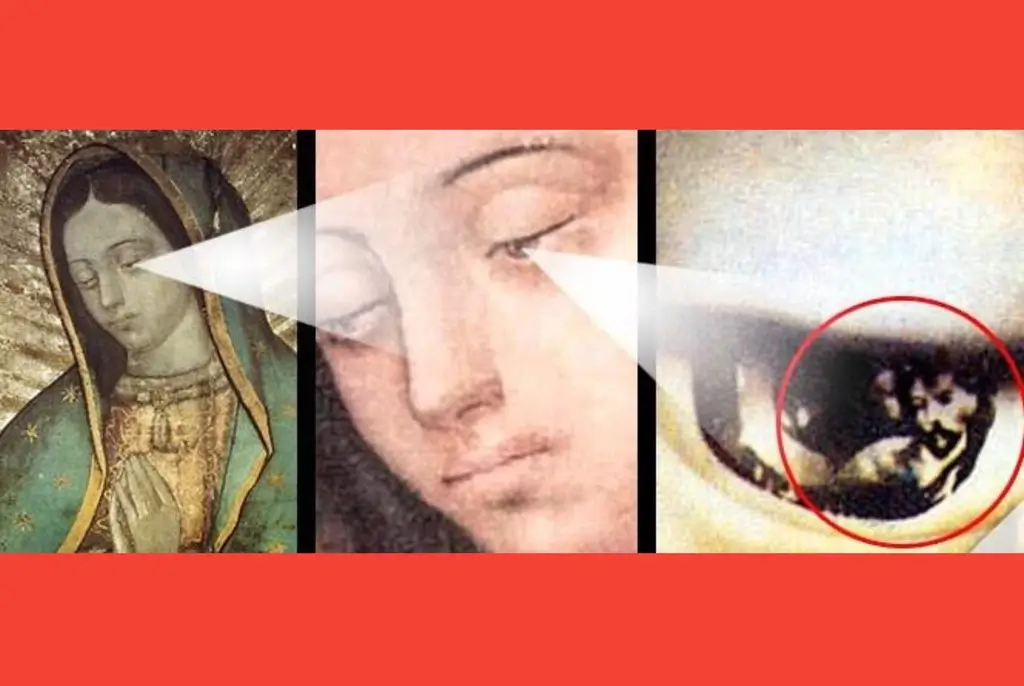





Leave A Comment